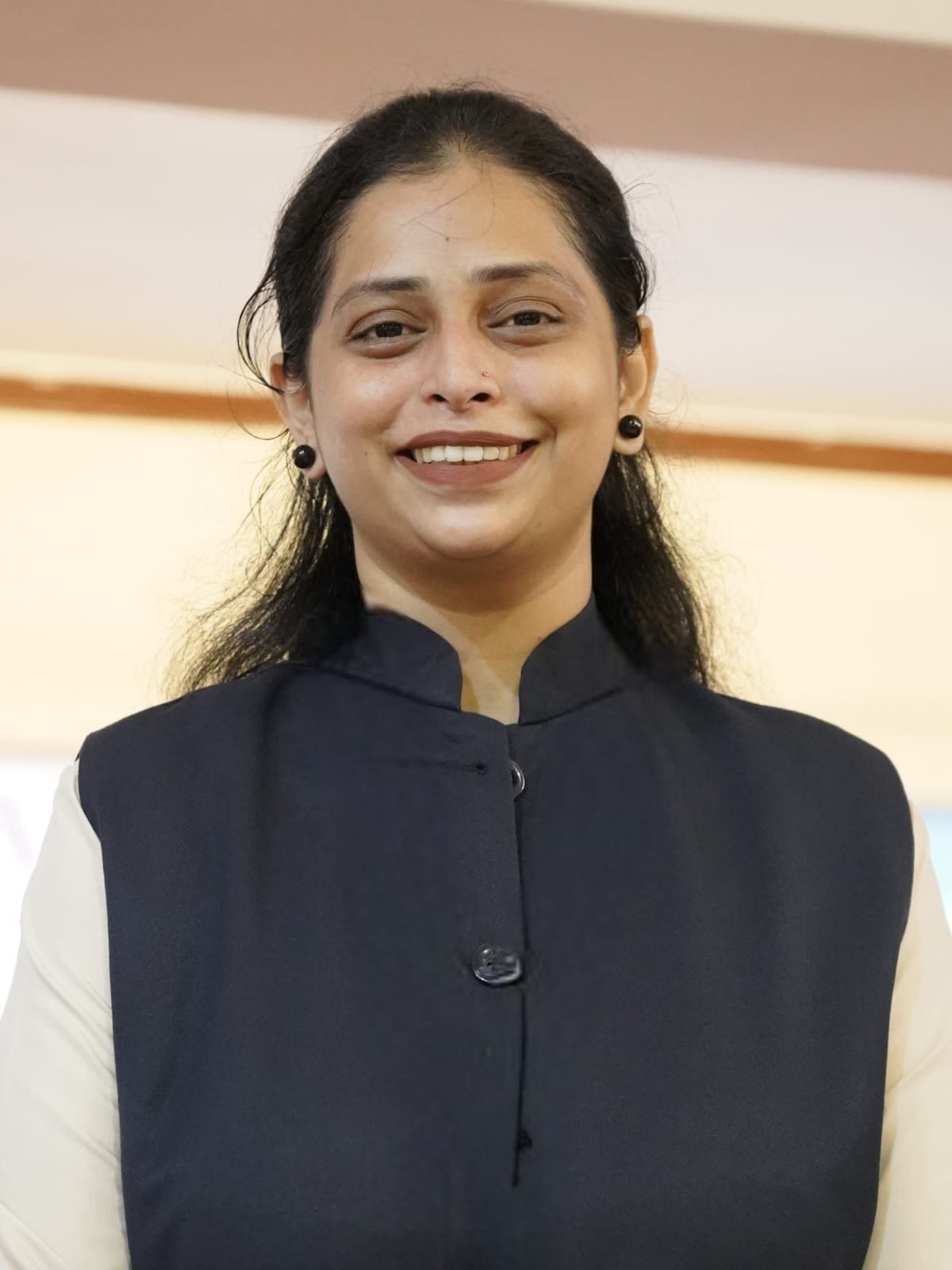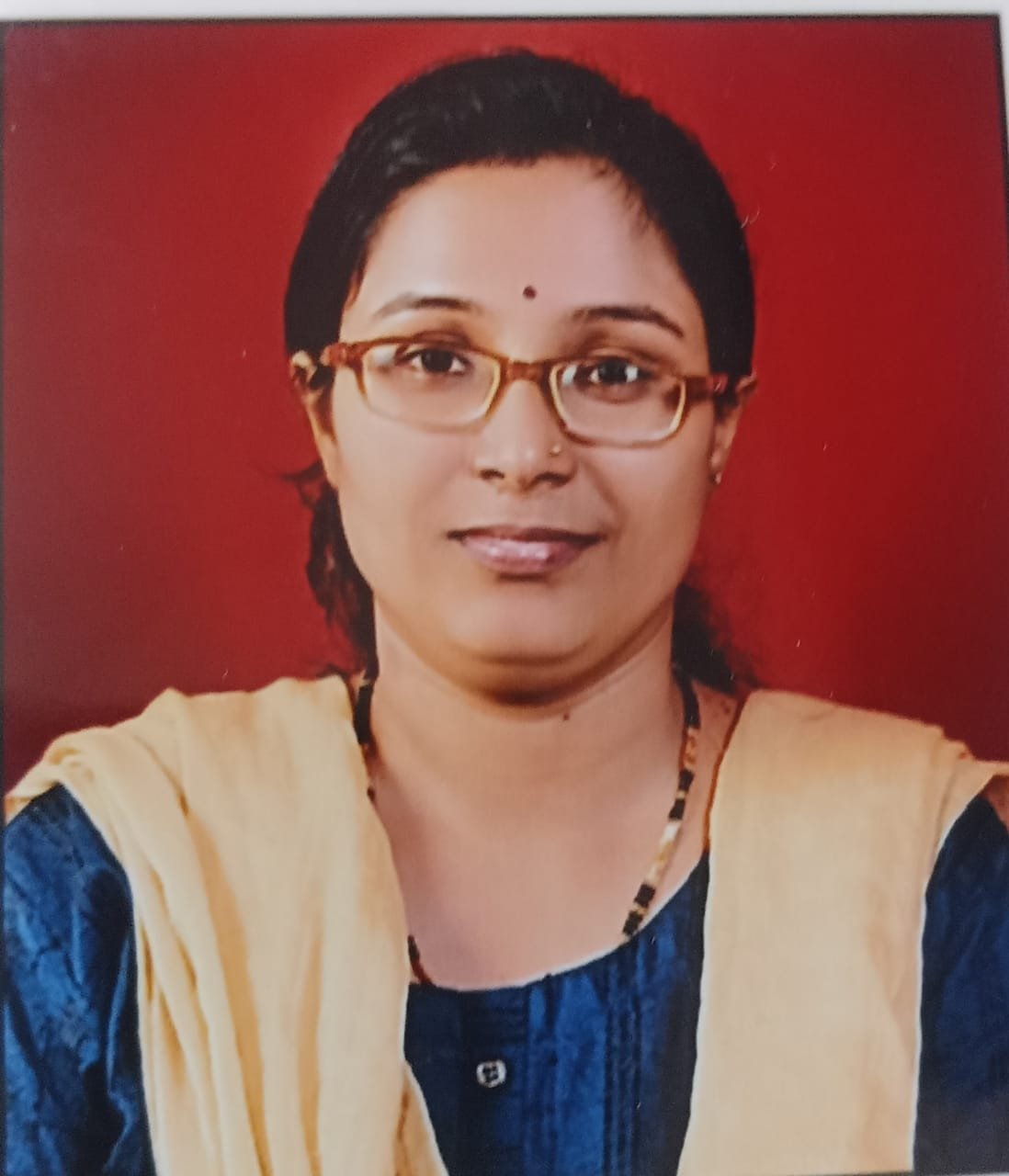Computer Engineering
The department offers a three year diploma course in Computer Engineering under MSBTE. The department was established in the year 2014-15 with an intake of 60 students. Knowledge based confidence is integral to a successful engineer today. The Department of Computer Engineering believes in shaping the students such that they will excel in their walk of life.
Our goal is to impart value based quality education along with development of positive attitude, skills and abilities to apply knowledge in order to meet challenges of the future. The department is imparting required technical and practical knowledge to the students. The department has a substantial number of faculty members experienced in their respective areas of specialization. A well designed planning of lessons and their deliberate execution by faculty using Moodle enables the students to get hold of recent trends in Computer Engineering domain.
Vision
To build technically competent Computer Engineers having various skill sets to become valuable human resources to industry and society.
Mission
M1 : To provide conducive environment through practical knowledge with theoretical background to achieve academic excellence and entrepreneurship.
M2 : To nurture social, environmental and ethical consciousness among the students through innovative co-curricular and extra-curricular activities to solve the problems of society.
M3 : To disseminate emerging trends in technology through industry Institute interaction to make them lifelong learners.
Program Educational Objectives (PEO)
Program Educational Objectives
- PEO1 : Apply the knowledge of Computer Engineering along with co-curricular and extra- curricular activities, required to pursue career/ higher education or to become entrepreneur.
- PEO2 : Acquire professional skills and attitude towards continuous learning for providing services to IT industries to solve computer engineering related problems.
- PEO3 : Become ethical, professional and conscious about environment and social responsibilities.
Program Educational Objectives
- PEO1 : Provide socially responsible, environment friendly solutions to Computer engineering related broad-based problems adapting professional ethics.
- PEO2 : Adapt state-of-the-art Computer engineering broad-based technologies to work in multi-disciplinary work environments.
- PEO3 : Solve broad-based problems individually and as a team member communicating effectively in the world of work.
Program Specific Objectives (PSO)
Program Specific Outcomes
- PSO1 : To gain knowledge in various areas of computer engineering and apply acquired skills for demands of higher studies and industry.
- PSO2 : To demonstrate understanding of principles and working of hardware and software aspects of computer system.
Program Specific Outcomes
- PSO1 : Computer Software and Hardware Usage: Use state-of-art technologies for operation and application of computer software and hardware.
- PSO2 : Computer Engineering Maintenance: Maintain computer engineering related software and hardware system.
Program Outcomes (PO)
Program Outcomes
- PO1 Basic knowledge : An ability to apply knowledge of basic mathematics, science and engineering to solve the engineering problems.
- PO2 Discipline knowledge : An ability to apply discipline - specific knowledge to solve core and/or applied engineering problems.
- PO3 Experiments and practice : An ability to plan and perform experiments and practices and to use the results to solve engineering problems.
- PO4 Engineering Tools : Apply appropriate technologies and tools with an understanding of the limitations.
- PO5 The engineer and society : Demonstrate knowledge to assess societal, health, safety, legal and cultural issues and the consequent responsibilities relevant to engineering practice.
- PO6 Environment and sustainability : Understand the impact of the engineering solutions in societal and environmental contexts, and demonstrate the knowledge and need for sustainable development.
- PO7 Ethics : Apply ethical principles and commit to professional ethics and responsibilities and norms of the engineering practice.
- PO8 Individual and team work : Function effectively as an individual, and as a member or leader in diverse/multidisciplinary teams.
- PO9 Communication : An ability to communicate effectively.
- PO10 Life-long learning : Recognize the need for, and have the preparation and ability to engage in independent and life-long learning in the context of technological changes.
Program Outcomes (I-Scheme)
- PO1 Basic and Discipline specific knowledge : Apply knowledge of basic mathematics, science and engineering fundamentals and engineering specialization to solve the engineering problems.
- PO2 Problem analysis: Identify and analyse well-defined engineering problems using codified standard methods.
- PO3 Design/ development of solutions : Design solutions for well-defined technical problems and assist with the design of systems components or processes to meet specified needs.
- PO4 Engineering Tools, Experimentation and Testing : Apply modern engineering tools and appropriate technique to conduct standard tests and measurements.
- PO5 Engineering practices for society, sustainability and environment : Apply appropriate technology in context of society, sustainability, environment and ethical practices.
- PO6 Project Management : Use engineering management principles individually, as a team member or a leader to manage projects and effectively communicate about well-defined engineering activities.
- PO7 Life-long learning : Ability to analyse individual needs and engage in updating in the context of technological changes.

Prof. A.v Dakhani
Lecturer BE (Computer)
asaddakhni221@gmail.com
Prof. A. S. Bobade
Lecturer BE (Computer), ME (Pursuing)
asbobade@gmail.com

Prof. R. D Kumbhar
Lecturer BE (Computer)
rutujakumbhar1701@gmail.com

Ms. S.s Ithape
Lecturer BE(Computer)
shreyaithape10@gmail.com

Mr. A.d Deshmukh
Lecturer BE(computer),ME(Pursuing)
anikettssm@gmail.com

Mrs. L.j Varma
Lecturer BE(Computer)
latikavarmabscoer@gmail.com

Prof. V.r Rupnarayan
Lecturer B.E.(Computer )
vaishalirpawar@gmail.com

Prof. S.r.kamble
Lecturer BE(Computer Engineering)
kamblesupriya.ra@gmail.com



Micro-Controller Laboratory
Lab. is Well equipped with Microcontroller devices, Systems with high Configuration, and Software like NASM, TASM. Also having ...
Read MoreAdvanced Computer Network Laboratory
A good Infrastructure and well equipped with high configuration Systems. Printer with Wi-Fi facility is an additional feature o ...
Read MoreDatabase Management Laboratory
Lab has good Infrastructure and it is well equipped with high configuration Systems.
Read MoreProgramming Laboratory
A good Infrastructure .Well equipped with high configuration Systems with Graphic Cards.
Read More